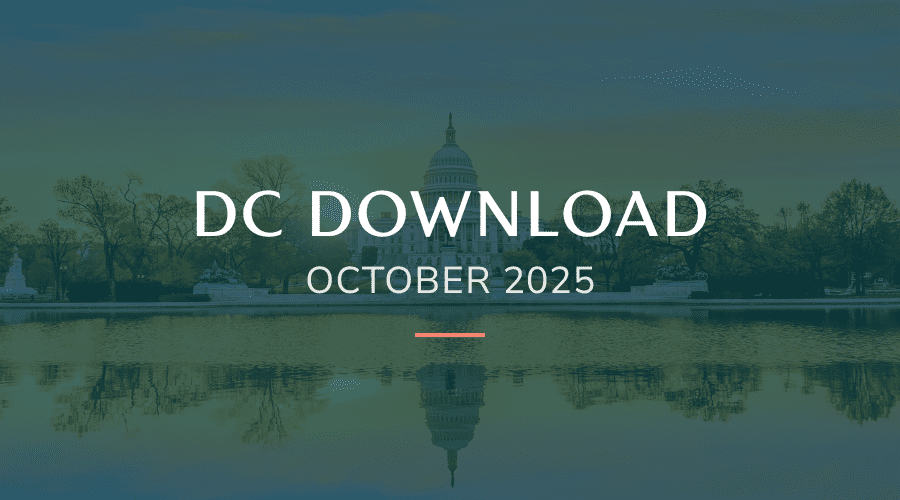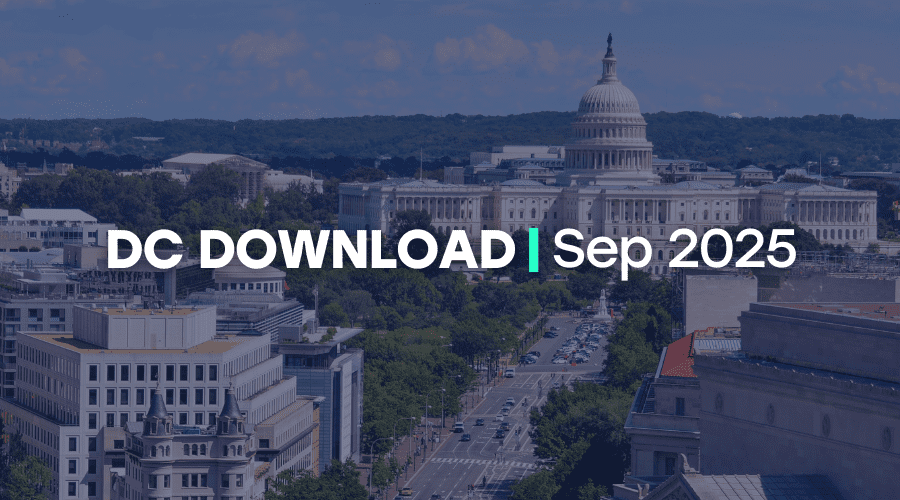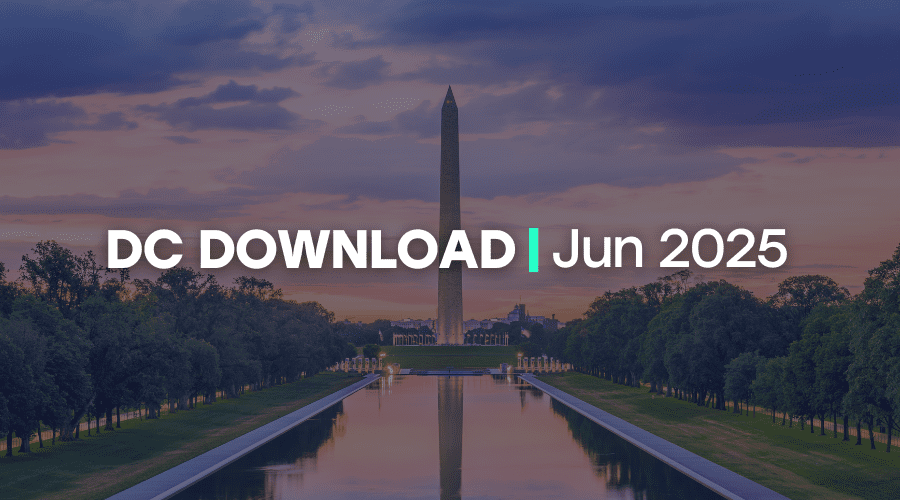October is National Pasta Month — which feels about right, given how tangled Congress has gotten itself. With the government shutdown stretching on since October 1, the nation’s lawmakers are knee-deep in legislative linguine, arguing over ingredients instead of serving solutions. For those of us in the charitable sector, the gridlock isn’t just messy — it’s dangerous. When the federal kitchen shuts down, nonprofits are the ones dishing out extra helpings of support to keep communities fed, housed, and cared for. While Washington wrestles with its noodles, the charitable sector keeps the country nourished — one plate at a time.
Shutdown Deepens Strain on Charitable Sector
With the September 30 deadline passed and another government shutdown underway, the charitable sector faces renewed financial uncertainty and severe strain on nonprofit capacity. This disruption follows months of fiscal uncertainty, as nonprofits were already contending with major reductions in federal grants and cuts to social safety net programs such as SNAP, student loan forgiveness, and Medicare. The loss of millions in critical funding during the first half of 2025 is now compounded by the wider economic impact of the shutdown.
Nationwide, 1 in 3 nonprofits had already reported funding freezes or stop-work orders earlier this year. The continued impasse between Republican and Democratic lawmakers now forces organizations to make difficult operational choices — cutting programs, freezing grants, and, in some cases, preparing for furloughs or layoffs. Meanwhile, an estimated 620,000 federal workers face missed paychecks, increasing demand for the very services nonprofits are struggling to maintain.
Nonprofits, which rely on government funding for roughly 28% of their budgets, are being pushed to serve as emergency infrastructure without the resources to do so. The shutdown effectively disarms their ability to respond to surging needs for food, housing, and direct support. “Even in the face of self-inflicted crises like this one, nonprofit organizations will provide food, shelter, cultural and spiritual support, health care, and much more to those who are impacted,” said Independent Sector President and CEO Dr. Akilah Watkins in a statement issued on October 1. “The shutdown effectively disarms their ability to respond to surging needs for food, housing, and direct support. As this political stalemate drags on, the most vulnerable families and individuals continue to bear its greatest cost.”
This situation remains ongoing, and it is unclear how long the shutdown will last. Independent Sector continues to monitor developments closely as impacts on the charitable sector and the communities we serve unfold.
Nonprofits Urge Congress to Strengthen the Work Opportunity Tax Credit
Across the country, nonprofit organizations play a vital role in connecting people with opportunities, rebuilding communities, and strengthening the workforce. Yet, despite employing nearly 10% of America’s private workforce and paying an estimated $65 billion annually in payroll taxes, nonprofits are largely excluded from claiming the Work Opportunity Tax Credit (WOTC) — a federal incentive that encourages hiring individuals who face barriers to employment. In a joint letter sent on October 6, seven leading national organizations urged Congress to extend WOTC before it expires at the end of the year, and to make it fully available to nonprofit employers by allowing them to claim it against their payroll taxes.
The letter, signed by Independent Sector, the National Council of Nonprofits, Lutheran Services in America, Social Current, Dance/USA, KABOOM!, and the Grant Professionals Association, highlights the proven success of WOTC in helping millions of Americans reenter the workforce while saving governments more than $200 billion since its creation. Expanding access for nonprofits, the signers argue, would amplify those benefits — boosting employment, supporting community-based services, and ensuring that organizations already serving those most in need can do even more to bring people into the economic mainstream.
Federal Hearing Set on Johnson Amendment Case That Could Rewrite Nonprofit Rules
A date has finally been set for the hearing in National Religious Broadcasters v. Bessent, the case that could undermine the Johnson Amendment — the longstanding federal law that keeps charitable and religious nonprofits nonpartisan. On November 7, 2025, at 10:00 AM ET, a federal court in Washington, D.C. will hear oral arguments about a proposed settlement between the IRS and several religious organizations. The agreement would exempt two Texas churches from the Johnson Amendment’s political activity restrictions, effectively allowing them to engage in partisan campaigning while maintaining their tax-exempt status. Americans United for Separation of Church and State (AU) plans to oppose the settlement and has asked to formally intervene in the case to defend the law.
At stake is whether the government can unilaterally change a 70-year-old law without congressional action. The Trump administration reversed its earlier position in July, joining the plaintiffs in seeking approval of the settlement — an unprecedented move that AU and other watchdog groups argue violates the Constitution’s requirement to treat all nonprofits equally. If approved, the deal could open the floodgates for churches and charities to funnel undisclosed money into elections. Polling released earlier this year by Independent Sector shows strong public support for preserving the Johnson Amendment, with 75% of respondents — including 69% of churchgoers — supporting the rule that prohibits charitable organizations from endorsing or opposing political candidates. The November 7 hearing will determine whether that protection continues to stand.
Policy, Partnership, and Power: Strengthening Advocacy Across the Sector
As public policy evolves at a record pace, it’s critical for the charitable sector to engage with clarity, confidence, and coordination. The Policy Professionals Advocacy Intensive (PPAI) — to be held during Independent Sector’s National Summit 2025 — creates a dedicated forum for advocacy and government relations professionals, as well as senior leaders across nonprofits, foundations, and academia.
Participants will gain actionable insights from a representative of Senator Raphael Warnock’s office, national advocacy strategists, and legal experts as we work together to strengthen the sector’s collective policy voice and impact.
Learn more and register to join us at the summit, October 27-29 — where advocacy meets collaboration and leadership takes shape.
Travis Swanson is the Government Relations Manager at Independent Sector



